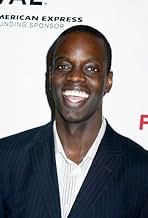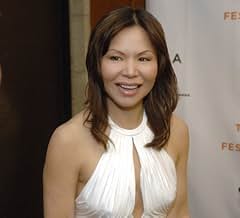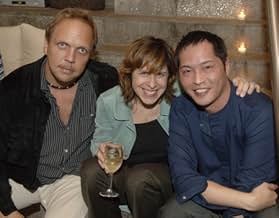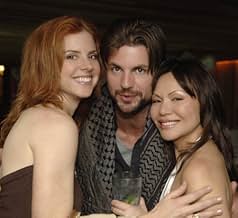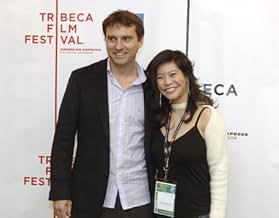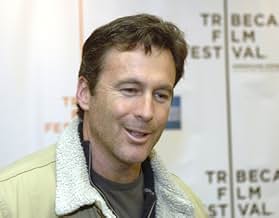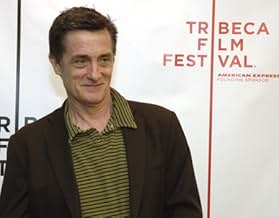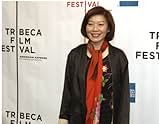"East Broadway" is an entrant in the Cinderella sweepstakes, and makes absolutely no bones about it. It is very handsomely photographed (it's shot like a mainstream movie, on 35mm film) and uses its New York setting -- Chinatown, Central Park, Chelsea Piers, the Upper East Side, etc. -- effectively. It's a romantic comedy with a central mistaken identity plot, a few subplots, and an original contribution to make in its interracial theme.
The comparison will inevitably be made by W.A.S.P.s like myself to "My Big Fat Greek Wedding," with Grace's Chinese identity being simply a variable in the minority/ majority equation, but that comparison will be very much beside the point, I've learned, to anybody Asian. Nia Vardalos being Greek does absolutely nothing to gratify Chinese-Americans (unless they identify with it) but Grace being Chinese does plenty. When I saw the film on Friday, I was sitting next to 5 Chinese-American girls who were grooving on the picture, and there were many other Chinese-Americans in the audience reacting strongly.
Apparently it's not been uncommon for Chinese people to speak to one another in American films using not only wildly different accents but different dialects -- a question in Mandarin would receive a reply in Cantonese. I'd be none the wiser, but a Chinese-American would be offended, and Lee was very careful that this film would be nothing of the kind. To the scenes in Grace's family's apartment, which were delightful to me subtitled, the reaction from the Chinese in the audience was simply uproarious not just amusement but veritable Christmas morning delight. Before any Caucasian dismisses the film as unoriginal, such proprietary reactions should give him pause.
A film that stakes a claim to the romantic comedy genre, and to the Cinderella story, on behalf of Chinese-Americans, using all the familiar conventions of the genre, is staking an equal claim to those conventions, and consciously. Why eschew anything that can be made common cultural property in such an enterprise? The conventions, the expectations, the accustomed devices, are part of the loot. Using them is making a statement that they're yours as much as anybody's now that you've arrived. "East Broadway" even in its conventionality should be viewed as a triumphant statement of arrival.
Gale Harold looks great and turns on the romance (the kissing scene is pretty hot) but I see more than a standard-issue Prince Charming, and I think others will too. There's such mystery about him. We are left wanting more. Fay Ann Lee is attractive (if no Gong Li) and exudes intelligence. The supporting cast is good. Roger Rees chews the scenery a tad, but is more convincing as Gale's father than one might expect. Margaret Cho and B.D. Wong are particularly delightful. Ken Leung as the brother, and Clem Cheung and Elizabeth Sung as the parents, are extremely effective.
This film will stand or fall on audience reaction, and the audience I saw it with reacted strongly. The audience at the other four Tribeca screenings apparently did so as well. It's a crowd pleaser, not a critical darling, but it does exactly what it sets out to do, and what it sets out to be is partly an artifact of social progress. How many films achieve even their modest aims, and how many have even this much originality?


